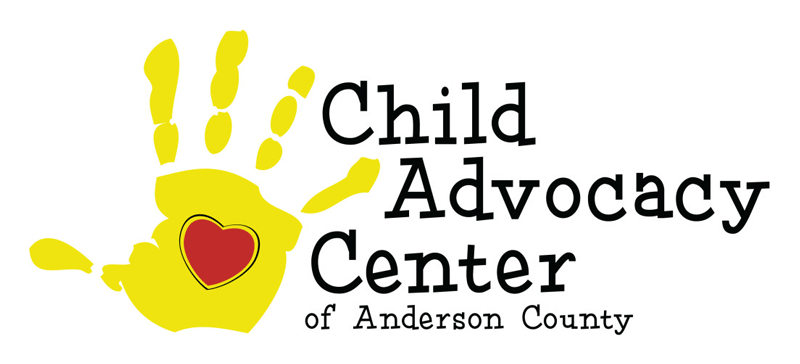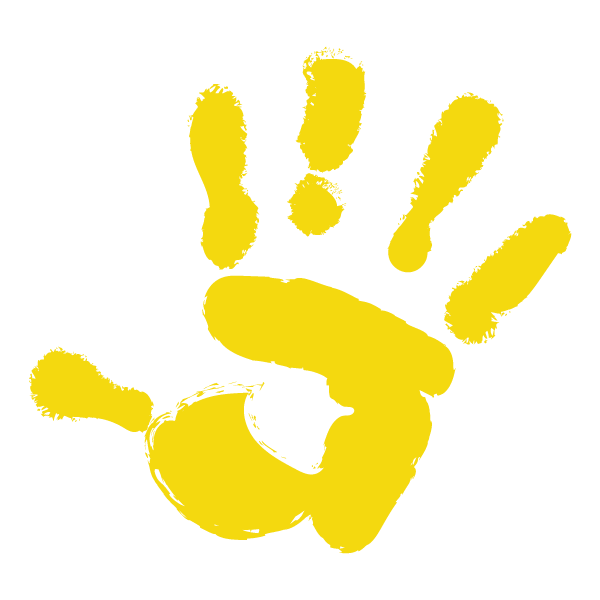Different Forms of Child Abuse
Physical Abuse
Although legal definitions vary from state to state, physical abuse is broadly defined as any non-accidental physical act inflicted upon a child by a parent, caregiver, or other person who has responsibility for the child.
Sexual Abuse
Sexual abuse occurs when an adult or another child asks or pressures a child for sexual contact. The abuser may use physical abuse, bribery, threats, tricks, or take advantage of the child’s limited knowledge of sexual matters. Most cases are perpetrated by a person familiar to the child – usually NOT a stranger. Sexual abuse can also include taking photos of the child, or showing them pornography through pictures, magazines, movies, online, etc.
Emotional Abuse
Inattention to a child’s emotional needs, failure to provide psychological care, permitting a child to use alcohol or other drugs. In addition, children who witness domestic violence or who live with a sex offender in their homes can fall under the umbrella of emotional abuse.
Neglect & Maltreatment
The failure of a parent, guardian, or other caregiver to provide for a child’s basic needs. This can be in the form of physical, medical, education and emotional neglect.
Child Trafficking / Commercial Sexual Exploitation of Children (CSEC)
A commercially sexually exploited child is one under the age of 18 who engages, agrees to engage in, or offers to engage in sexual conduct in exchange for money, clothing, food, shelter, education, goods or care. Exploited youth are not “child prostitutes,” they are child victims.
Shaken Baby Syndrome
Infants, babies or small children who suffer injuries or death from severe shaking, jerking, pushing or pulling may have been victims of Shaken Baby Syndrome. The act of shaking a baby is considered physical abuse, as spinal, head and neck injuries often result from violently shaking young children.
Institutional Abuse or Neglect
Abuse or neglect which occurs in any facility for children, including, but not limited to, group homes, residential or public or private schools, hospitals, detention and treatment facilities, family foster care homes, group day care centers and family day care homes.
Bullying
Children who come to the Child Advocacy Center of Anderson County may disclose they are victims of bullying. Or, they may have been witnesses to bullying. Sometimes, they have bullied others. Bullying can be described as unwanted aggressive physical or verbal behavior. It includes but is not limited to name calling, rumors, threats, pushing, hitting, and exclusion of someone. The word bullying is often used in regards to school age children. However, in some states the behaviors may be considered crimes. There is always a person/people who bully; a person/people who are bullied; and sometimes a person/people who witness the bullying. A person may fit in more than one role. Cyberbullying are bullying behaviors that use electronic equipment. Examples of this would be sending embarrassing pictures or hurtful messages out on Facebook, etc. Please help your child find a counselor or mental health worker to talk with about what has happened. If the bullying is happening at school, please tell the teacher, school principal and school counselor. Work together to protect your child. It is important not to ignore the bullying. Also, do not blame the child who is bullied. No one deserves to be bullied.



